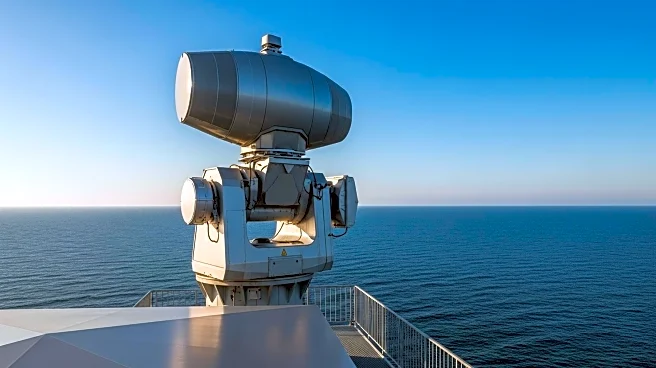What's Happening?
NATO is enhancing its aerial surveillance in the Baltic Sea following a series of airspace violations by Russian aircraft. This move comes as Denmark reports new drone sightings near its military sites, prompting France, Germany, and Sweden to bolster Denmark's air defenses. The situation has led to a division among NATO allies on the appropriate response, with Poland advocating for the use of lethal force against intruders, while others urge caution. NATO's operation Eastern Sentry has been launched, involving the deployment of additional air defense equipment by allies such as Britain. However, this increased military presence may impact Ukraine, which relies on similar defense systems from its allies.
Why It's Important?
The escalation of airspace violations by Russia poses a significant challenge for NATO, testing the alliance's ability to respond without escalating tensions further. The situation highlights the delicate balance NATO must maintain between deterrence and provocation. The potential diversion of air defense resources from Ukraine could weaken its position against Russian aggression. The incident underscores the strategic importance of the Baltic region and the need for a unified NATO response to maintain regional stability. The situation also reflects broader geopolitical tensions between NATO and Russia, with potential implications for European security.
What's Next?
NATO's response will likely involve continued surveillance and strategic deployments to deter further violations. The alliance may also engage in diplomatic efforts to address the situation with Russia. The upcoming summits in Copenhagen could provide a platform for NATO members to discuss coordinated strategies. The potential for miscalculation remains high, and NATO must carefully manage its actions to avoid unintended escalation. The situation may prompt discussions on enhancing NATO's air defense capabilities and revisiting rules of engagement to address emerging threats effectively.








